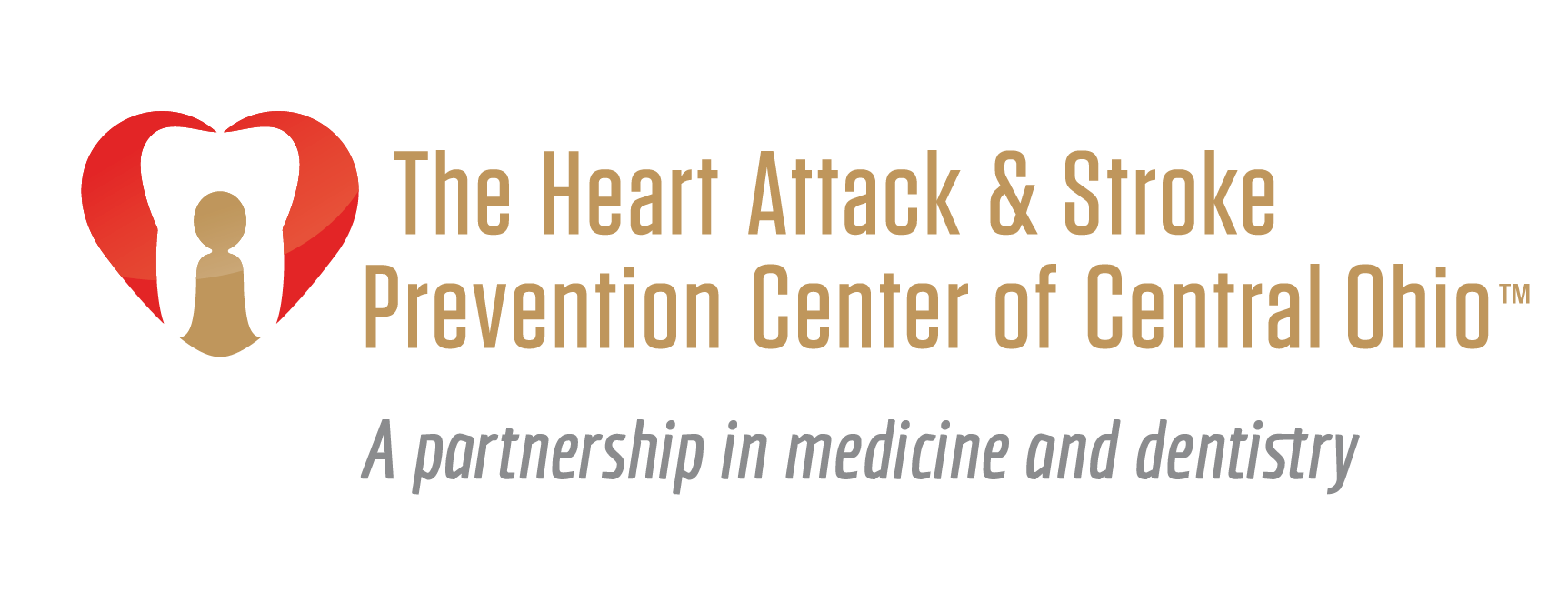Sleep is Not a Luxury!
- Eric Goulder, MD, FACC

- Sep 1, 2021
- 2 min read
At The Heart Attack and Stroke Prevention Center of Central Ohio, our mission is to knock heart disease off the top of the list as the #1 killer in the United States. And as a preventative health care center, we think it’s important to point out that sleep is not a luxury. Getting good sleep doesn’t just feel good, it helps the body repair itself and it’s crucial for heart health. When adults sleep less than seven hours a night, they increase their chances of having heart attacks and strokes. Inadequate sleep can also wreak havoc on your overall health, contributing to conditions such as high blood pressure, type 2 diabetes, asthma, and depression.
Get in rhythm
New studies have found that early rising can ward off depression. Circadian rhythm is the body’s internal biological clock. An irregular circadian rhythm can be a factor in several health problems such as memory loss, stress on the heart, and mood disorders.
The high cost of low quality sleep
During normal sleep, our blood pressure goes down. Interrupted and insufficient sleep causes our blood pressure to stay higher, for a longer period of time.
Diabetes is a disease that causes a buildup of sugar in the blood. This condition can damage the blood vessels; it is often described as “shards of glass” flowing through the arteries. Part of the restorative work that sleep provides can help the body maintain healthy blood sugar levels.
Getting enough quality sleep is vital to overall health and approximately 50 to 70 million Americans have sleep disorders. More than 25 million adults in the United States are believed to have moderate to severe sleep apnea (OSA), which is an inflammatory process that in moderate form is equivalent to smoking one pack of cigarettes a day on the cardiovascular system.
Sleep apnea is not synonymous with snoring. If you snore, you don’t necessarily have sleep apnea. But snoring can be a red flag for sleep apnea, as most people with sleep apnea do snore. Sleep apnea is a disorder that causes a person to start and stop breathing during sleep. This process causes the oxygen level in the blood to decrease, which triggers a variety of issues.
Chemoreceptors trigger the sympathetic nervous system to react to the drop in blood oxygen level in several ways. It tells the body to gasp for air, which in turn often wakes up the person. It also sends a message to the blood vessels to constrict, which increases blood pressure and heart rate.
Changes in blood oxygen levels also cause oxidative stress, which in turn can promote systemic inflammation and neurochemical reactions. These developments are threatening to heart health and can be halted and reversed with proper evaluation and treatment.
Stop guessing and start testing!
The Heart Attack and Stroke Prevention Center of Central Ohio can now screen you with a wireless, at home testing device that fits on your finger! Learn more about this convenient testing method. We are dedicated to helping our patients identify, stop, and reverse cardiovascular disease through personalized care.




Comments